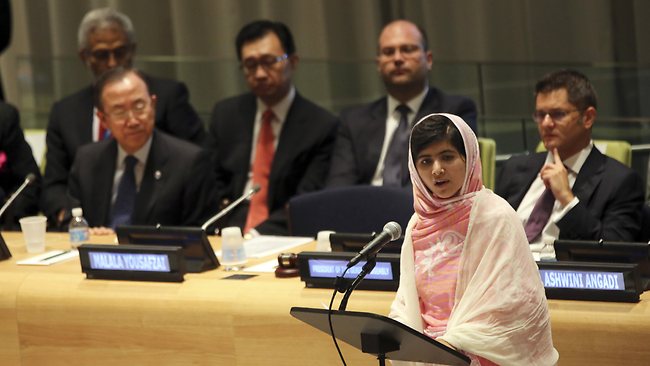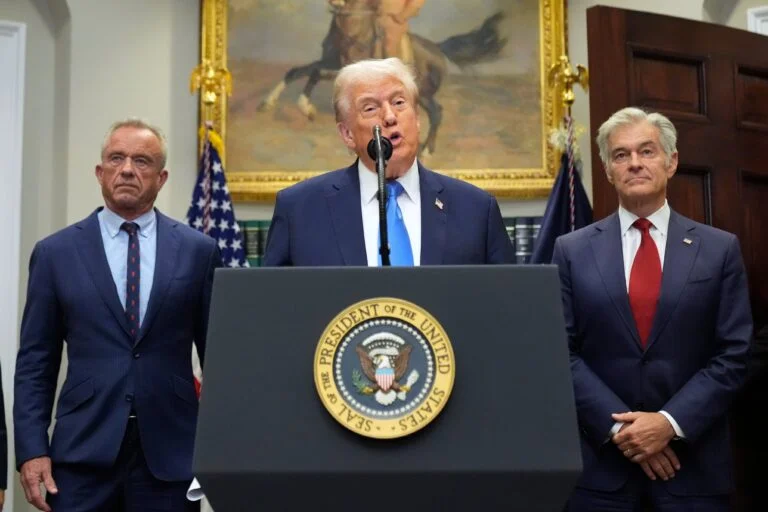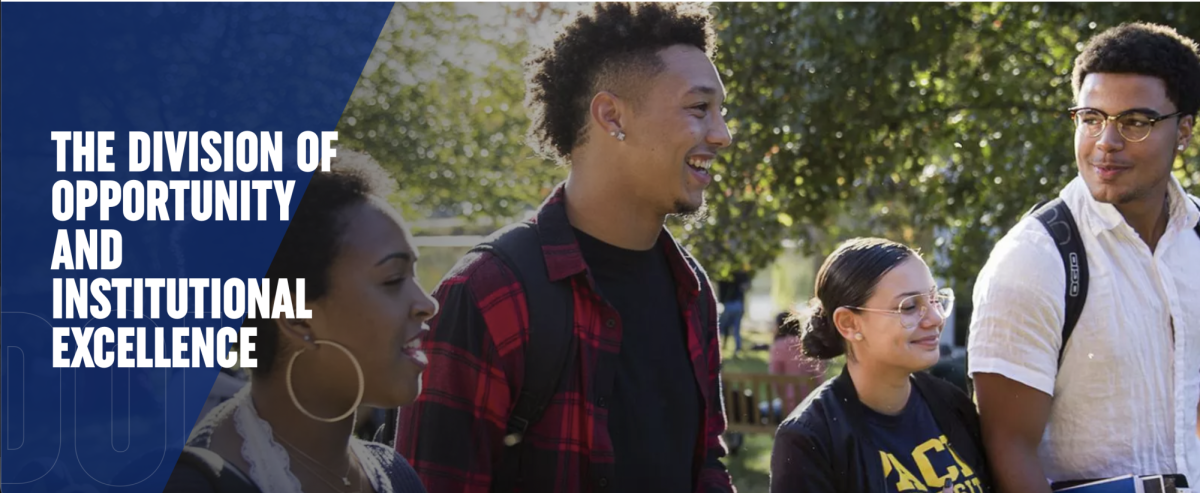Malala Yousafzai knew the power one child, one teacher, one pen and one book could have on the world. Because of this revolutionary knowledge, Taliban gunmen shot her in the head on Oct. 9, 2012. Her crime was speaking up for the right of girls to get an education. She has a diary that describes the life she lived under Taliban law – rampant cases of gender inequity and restricted access to education. It’s this documentation of her words and dialogue that threatened the Taliban, which proves that the pen is mightier than the sword.
At 16 years old, Malala is one of the youngest activists to grace the presence of the United Nations Headquarters in New York City. The date of her appearance, July 12 (rightfully dubbed “Malala Day”), also held personal significance for Malala – it was the day of her sixteenth birthday. Though the United Nations wasn’t decorated with balloons, party streamers, gifts or a cake, 500 youth delegates from 85 different countries stood with Malala to advocate for compulsory universal education.
With passion in her voice and a solemn look in her eyes, Malala had everyone’s attention. Her pink shalwar kameez was a bright contrast against the dark toned clothing in the room. Senior Political Science student Munaza Javed, an intern with the Mission of Pakistan, had the chance to hear Malala speak. She said, “Malala rose from her tragedy. She doesn’t want to be the face of anything. She embodies the millions of girls who fight for their education. It was inspiring to be in her presence and hear her speak from the heart.”
United Nations statistics tell us that 57 million children are denied their right to education. These boys and girls work to help their families, trading their innocence for overtime labor, harsh workplace conditions and abusive treatment.
Some are lucky to receive partial education. In North America, education is presented as a rite of passage. We go from preschool to elementary school, then middle school to high school. Come adulthood, we’re off to university to fulfill our last years of academic responsibility. We cannot ignore the fact that not everyone goes through that academic rite of passage, but the majority of people who go through it view it as a task that needs to be completed. With that mindset, education takes on the feeling of a “chore” instead of a feeling of “empowerment.” Both feelings call for dedication and responsibility, but the latter seeks to inspire others, foster community support, and to exceed expectations in fulfilling potential.
The significance of Malala Day is more than just a day to honor one of the bravest females. For Malala, it is a day to honor “every woman, boy, and girl who has raised their voice for their rights.” It is a day to recognize that education is not a privilege, but a basic human right to be enforced by governments, societies, families, and individuals. It’s a promise to the boys and girls of the world that they are granted access to education and to put education first. It’s a promise to help these boys and girls gain confidence in their abilities, and to allow them to speak for themselves. Because these children are our future leaders, they need to believe in themselves. They need courage. They need hope. And if they are given the chance to develop their skills and talents, they can transform the world.
Education is a lifetime investment that requires everyone’s teamwork. As Malala eloquently proclaimed, “We call upon all governments to ensure free, compulsory education all over the world for every child. … to fight against terrorism and violence. To protect children from brutality and harm. We call upon the developed nations to support the expansion of education opportunities for girls in the developing world.” With that proclamation, we are held accountable to help in this battle of education for all. We can start with ourselves, by taking our studies seriously and acting as leaders in our family, friend circles, and community. We can take an active role in ensuring that young children are getting the education they deserve. It’s as simple as coming in once or twice a week to read to or tutor a kid, or to being a mentor and guiding someone to follow their passion(s). You can tell that kid Malala’s story. You may be helping just one kid; but to that kid, you are opening the door to a brighter future.
It’s important to remember that Malala is just one of the millions of children who shared her story with the world. If one girl can start a youth revolution at the United Nations Headquarters, imagine what 57 million educated children could do.







